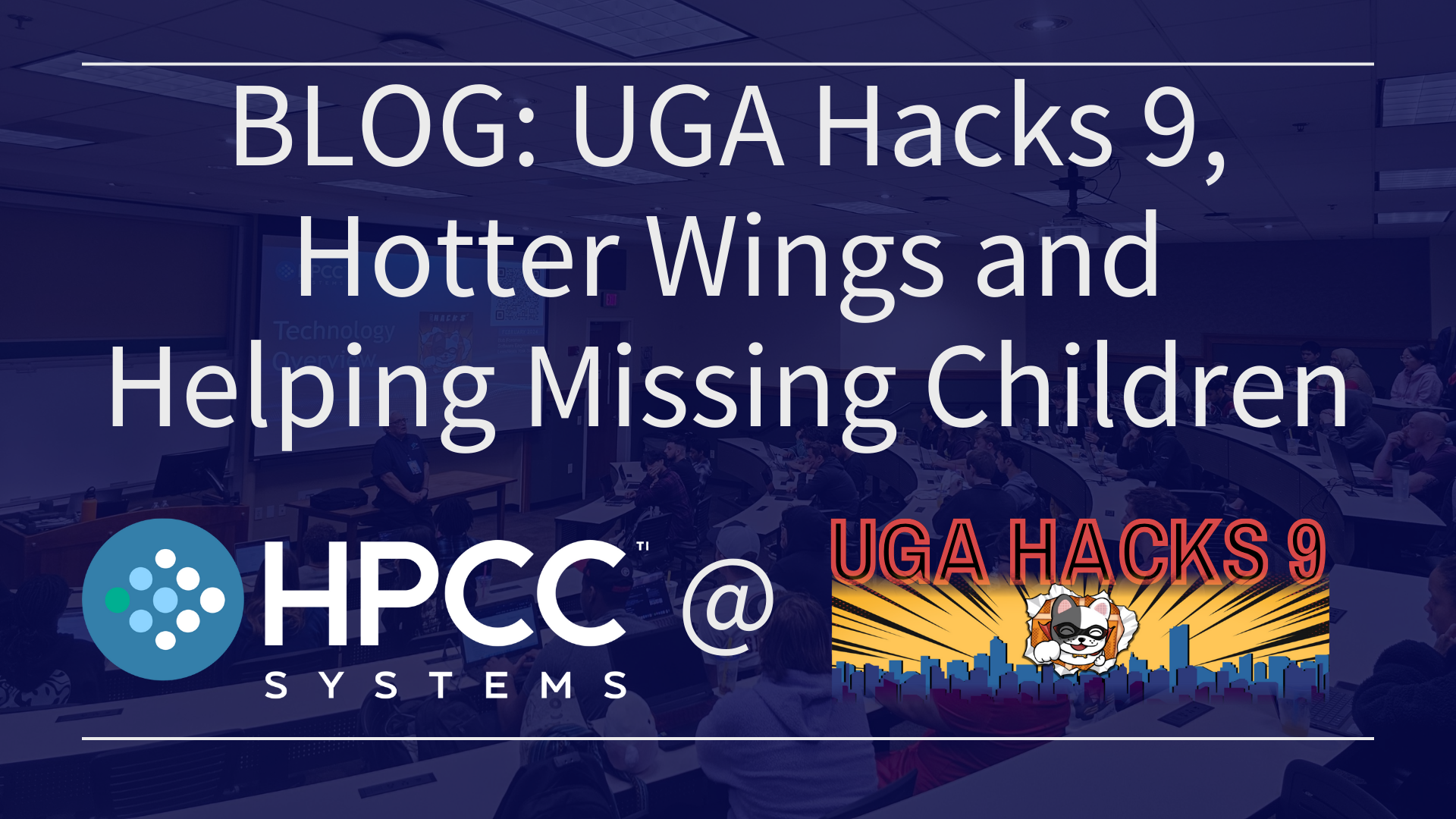
UGAHacks 9
UGAHacks is a 501 (c)(3) non-profit organization that has been hosting an annual 48-hour hackathon for almost a decade now. This was the 2nd time HPCC Systems sponsored a challenge and participated in the hackathon held at the University of Georgia. If you want to catch up on our participation in last year’s event, please read the blog: UGA Hacks 8, Hot Wings and Hope for the Future.
The team arrived at the Miller Learning Center Friday afternoon to get the table ready and say “Hi” to some familiar faces!
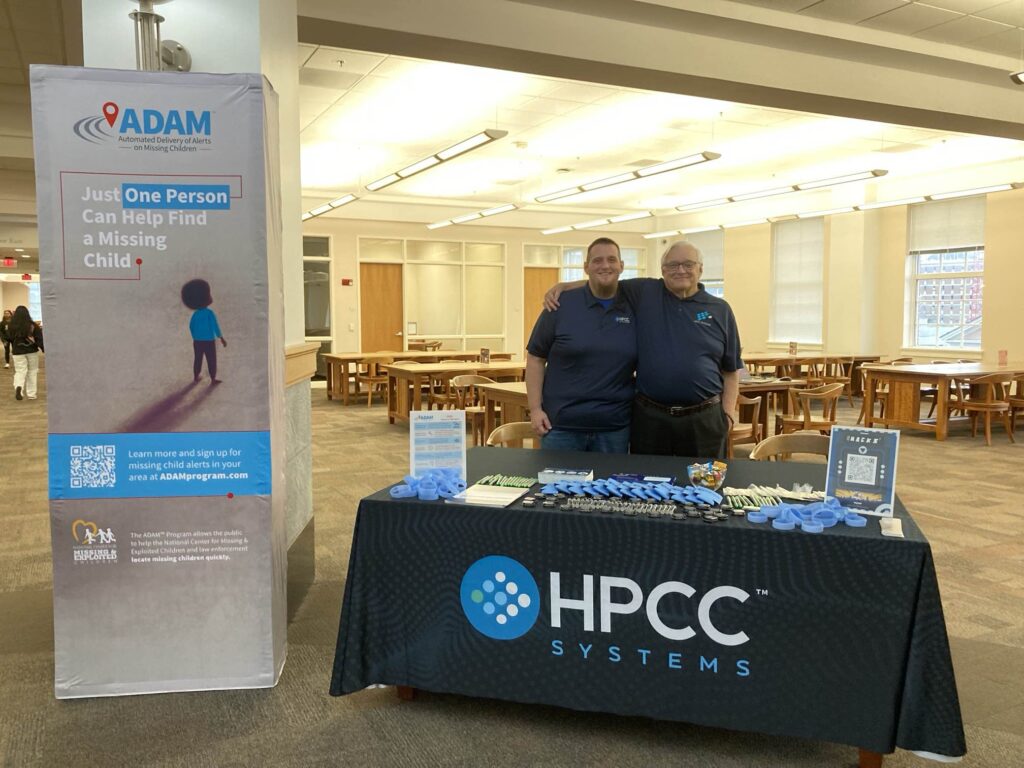
This is where we were able to stage a landing zone for the students to come learn about ECL, gain information about the HPCC Systems summer internship program and the role HPCC Systems plays as a part of LexisNexis® Risk Solutions.
The students were also encouraged to sign up for the ADAM Program which is a tool donated by LexisNexis® Risk Solutions for use by the National Center for Missing & Exploited Children (NCMEC). ADAM uses innovative technology to distribute missing child poster alerts to targeted recipients within a specific geographic search area. Please! Please! Please! If you have not done so already, sign up for alerts. You may be able to help save the life of a missing child!
The Challenge
Being mindful not to divulge too much information about this challenge because it is one of HPCC Systems active hackathon challenges offered, I can say that the theme of this year’s HPCC Systems challenge is Help Missing Kids. Students are asked to use real data from the NCMEC database along with 8 other datasets and try to find correlations in the data between various contributing social factors. The hope is that a team might possibly propose a solution to help combat the chronic issue of missing children.
The challenge was introduced to the students at the opening ceremony, and they were dismissed for workshop number 1.
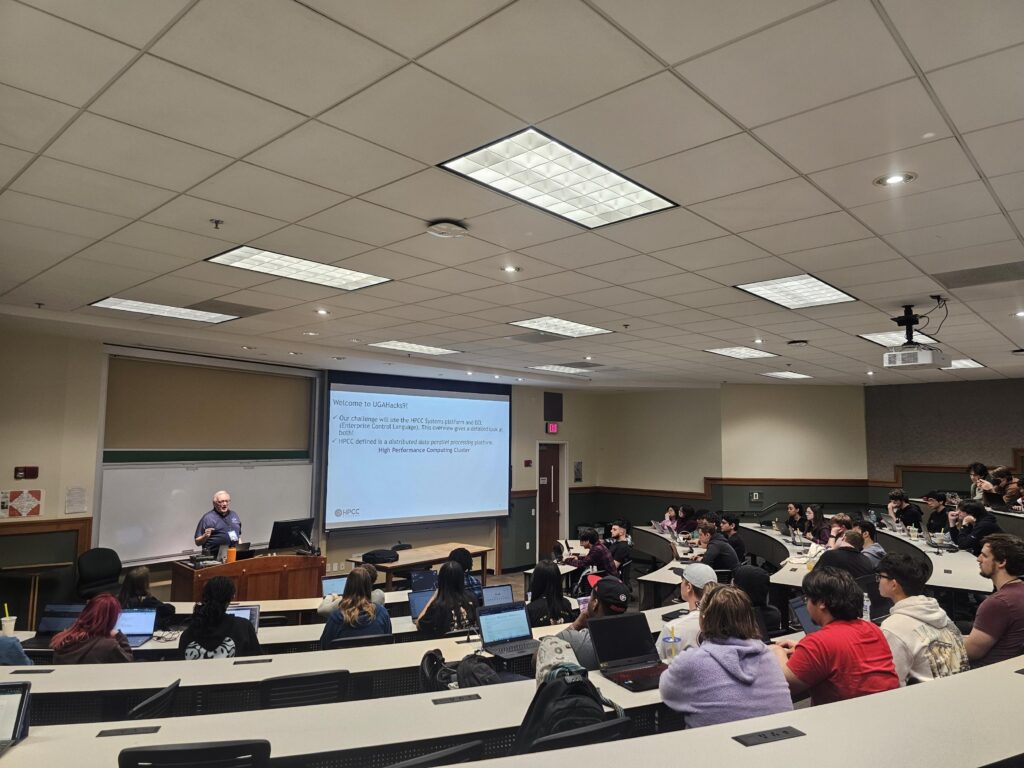
Bob Foreman, Software Engineering Lead for LexisNexis Risk Solutions was in person to deliver a crash course in ECL programing along with basic HPCC Systems concepts in the technology overview presentation. It was so awesome to see a classroom packed at 10:30 at night with hungry minds ready to hack to help missing kids!
After the workshop wrapped up, we spent the next 30 minutes helping students get configured with either the ECL IDE or VS Code with the ECL Extension and got them connected to the cluster. Then we needed to get out of there to get some sleep because workshop number 2 was first thing the next morning. That didn’t detour the students from getting started on their projects. Many of them spent the night getting acquainted with ECL and utilized our online support.
The supporting team
This event would not have been such a success without the help of the entire team who volunteered their time overnight and on a weekend via a Slack channel to help students troubleshoot any issues with their code and to help mentor them on the best practices when working with big data.
Virtual ECL Mentors

Alysson Oliveira
Software Engineer II

Mauro Marques
Senior Technical Support Engineer
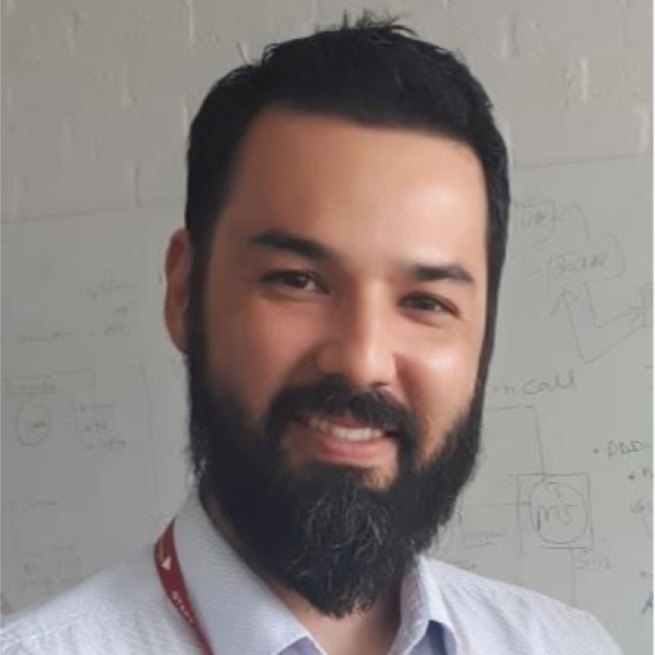
Hugo Watanuki
Manager Community Tech Programs

Richard Taylor
Senior Consulting SWE
The challenge heats up
On Day 2 we headed back to campus. We were greeted with a classroom full of students ready to learn more about ECL and how they can use HPCC Systems to possibly help save missing kids! The team was on campus all day Saturday to help students achieve their goals and guide them with technical knowledge about the platform.
Not just the challenge heating up
As with last year the tradition of UGA hosting a Hot Wings interview with Bob continued. They decided that last year’s sauces were not hot enough to get Bob to even break a sweat. They had sauces up to 2.8 million Scoville units for this year’s challenge.
Watch Bob take down this challenge like a champion:
Judging and Closing session
Sunday morning came, and so did the flood of project submissions. Every student who participated in this challenge worked extremely hard on their project and should be proud of their accomplishment of learning a new programming language, analyzing vastly different data sets, and working to draw correlations and conclusions about the thousands of children that go missing.
What made the winners stand out?
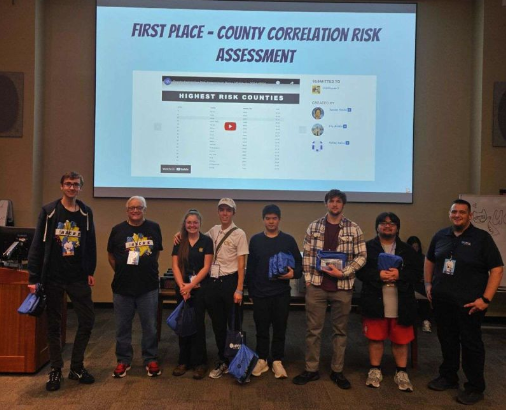
Here is a quote from Bob about what made the winning team’s project really stand out:
“We were impressed with how much the students learned a new language in a short time. The winners extended the challenge by breaking down missing children by county, correlating missing children with unemployment rates in that area, and completing their presentation with a County Risk Assessment score.”
-Bob Foreman, Software Engineering Lead LexisNexis Risk Solutions
Additional Resources
- ADAM Program sign up
- HPCC Systems Summer Internship Program
- Academic Collaborations Wiki
- Learn ECL
- ADAM Program Impact Report
About the Author
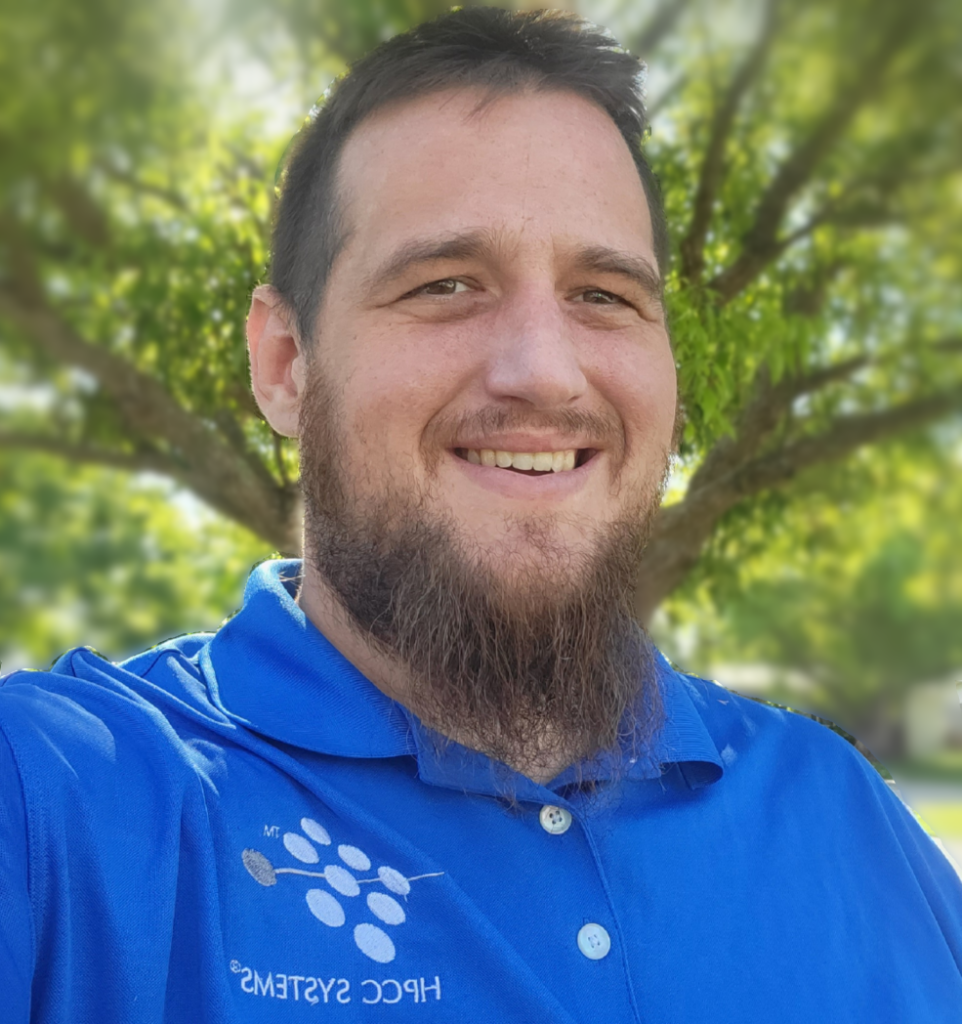
George S Foreman joined the LexisNexis Risk Solutions team in early 2022 as a Product Development Technical Writer. An experienced communicator, George has held diverse positions in both B2C and B2B industries with a focus on writing Standard Operating Procedures, process improvement documentation, and marketing collateral. George brings a deep electrical and mechanical background, which enables him to bring a new perspective to the suite of documentation and training resources available for HPCC Systems and ECL users. George also helps support the ongoing Academic Collaborations and Hackathons. When not writing about his favorite big data platform, George can usually be found enjoying the company of his family and four children in the Florida sunshine.
